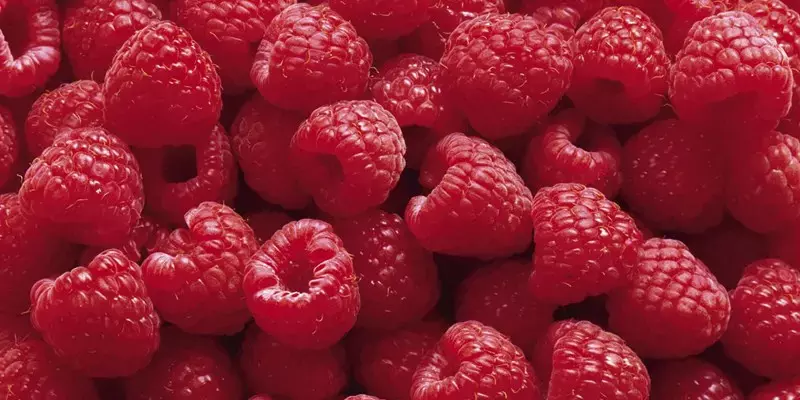- Home
- Medical news & Guidelines
- Anesthesiology
- Cardiology and CTVS
- Critical Care
- Dentistry
- Dermatology
- Diabetes and Endocrinology
- ENT
- Gastroenterology
- Medicine
- Nephrology
- Neurology
- Obstretics-Gynaecology
- Oncology
- Ophthalmology
- Orthopaedics
- Pediatrics-Neonatology
- Psychiatry
- Pulmonology
- Radiology
- Surgery
- Urology
- Laboratory Medicine
- Diet
- Nursing
- Paramedical
- Physiotherapy
- Health news
- Fact Check
- Bone Health Fact Check
- Brain Health Fact Check
- Cancer Related Fact Check
- Child Care Fact Check
- Dental and oral health fact check
- Diabetes and metabolic health fact check
- Diet and Nutrition Fact Check
- Eye and ENT Care Fact Check
- Fitness fact check
- Gut health fact check
- Heart health fact check
- Kidney health fact check
- Medical education fact check
- Men's health fact check
- Respiratory fact check
- Skin and hair care fact check
- Vaccine and Immunization fact check
- Women's health fact check
- AYUSH
- State News
- Andaman and Nicobar Islands
- Andhra Pradesh
- Arunachal Pradesh
- Assam
- Bihar
- Chandigarh
- Chattisgarh
- Dadra and Nagar Haveli
- Daman and Diu
- Delhi
- Goa
- Gujarat
- Haryana
- Himachal Pradesh
- Jammu & Kashmir
- Jharkhand
- Karnataka
- Kerala
- Ladakh
- Lakshadweep
- Madhya Pradesh
- Maharashtra
- Manipur
- Meghalaya
- Mizoram
- Nagaland
- Odisha
- Puducherry
- Punjab
- Rajasthan
- Sikkim
- Tamil Nadu
- Telangana
- Tripura
- Uttar Pradesh
- Uttrakhand
- West Bengal
- Medical Education
- Industry
Raspberries Might Benefit Patients with Hyperglycemia & Dyslipidemia

The antioxidant actions of berries are well known, and they top the list with the highest AOC (Antioxidant Capacity). Studies have shown that red raspberries along with a range of other berries offer many benefits to people with type 2 diabetes, most notably an increase in insulin sensitivity. In a recent study, researchers have reported raspberry as a promising alternative in the treatment of hyperglycemia and dyslipidemias. The study findings were published in the Journal of Medicinal Food on December 23, 2021.
Raspberry production and consumption have increased in recent years due to its polyphenol content such as anthocyanins and ketones, bioactive compounds that have been studied to reduce blood glucose levels and stabilize the blood lipid profile. Most of the polyphenols have been found to reduce the risk of some chronic diseases like diabetes mellitus, obesity, cardiovascular disease, cancer, etc.
Dr Elia Herminia Miramontes Valdés and her team conducted a study to systematically recover and review scientific evidence regarding the consumption of raspberry or its bioactive compounds and the action mechanisms involved in the hypoglycemic and lipid-lowering effects. They searched PubMed, Web of Science, and Science Direct databases for original articles from in vitro and in vivo enzyme inhibition studies, animal models, and human clinical studies.
Key findings of the study:
- Upon analysis, the researchers found satisfactory results regarding blood glucose level reduction after consumption of frozen or lyophilized raspberry, infusion of raspberry leaves, seed oil, as well as compounds, extracted from the fruit by inhibiting enzymes such as α-glucosidase and dipeptidyl peptidase-4 (DPP-4) and other mechanisms that increase insulin production and insulin sensitivity.
- They observed a reduction in cholesterol and low-density lipoprotein levels as well as an increase in high-density lipoproteins.
- However, they found heterogeneous results with regards to the lipid-lowering effect, especially in stabilization triglyceride levels.
The authors concluded, "According to the results, raspberry can be included in the nonpharmacological treatment of hyperglycemia and dyslipidemias; however, further research is considered necessary."
For further information:
Medical Dialogues Bureau consists of a team of passionate medical/scientific writers, led by doctors and healthcare researchers. Our team efforts to bring you updated and timely news about the important happenings of the medical and healthcare sector. Our editorial team can be reached at editorial@medicaldialogues.in.
Dr Kamal Kant Kohli-MBBS, DTCD- a chest specialist with more than 30 years of practice and a flair for writing clinical articles, Dr Kamal Kant Kohli joined Medical Dialogues as a Chief Editor of Medical News. Besides writing articles, as an editor, he proofreads and verifies all the medical content published on Medical Dialogues including those coming from journals, studies,medical conferences,guidelines etc. Email: drkohli@medicaldialogues.in. Contact no. 011-43720751


